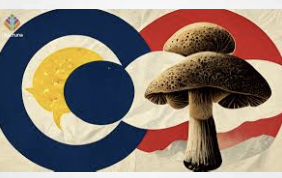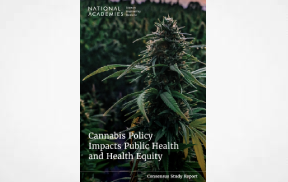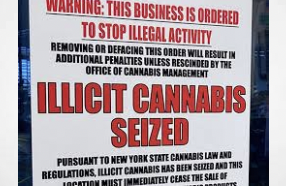Here’s How Psychedelics Legalization Is Unfolding In Colorado
Drug legalization is a fascinating experiment because it calls into focus how sturdy our societal structures are. Take Oregon, for instance. In 2020, it legalized the possession of all drugs. By 2024, however, the state outlawed most drugs again. Why? The main complaint was “open-air drug markets” contributing to an increase in fentanyl use, and triggering a public health crisis. However, drug policy experts generally agree that broader systemic issues are to blame, specifically housing and mental health services, which were not adequately funded, nurtured, and implemented. Legalizing small amounts of all drugs tested Oregon’s local systems, revealing significant issues that ultimately extend beyond Oregon and affect much of the US. Is Colorado destined to face the same challenges as the Beaver State?
The Reason Foundation, a libertarian think tank founded in 1978, took a temperature check on how Colorado is faring after Proposition 122 was passed, which effectively legalized psychedelic therapy and decriminalized the possession of naturally occurring psychedelics, including psilocybin mushrooms, ayahuasca, ibogaine, and mescaline-containing cacti (except peyote).
Read full article
Here’s How Psychedelics Legalization Is Unfolding In Colorado



















